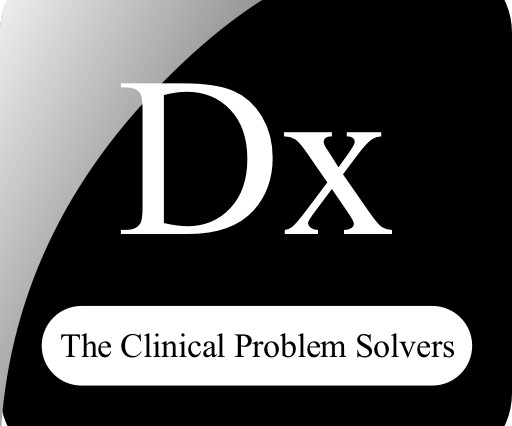Episode 339: Neurology VMR – left facial numbness for 5 days
The Clinical Problem Solvers
JUNE 8, 2024
This time, Aye presents a case of left facial numbness for 5 days to Andrea and Sridhara. Sridhara Yaddanapudi @syaddana_neuro Sridhara is a board-certified internist, neurologist, vascular neurologist, and hypertension specialist. She is going to apply for a neurology residency program this year.












Let's personalize your content